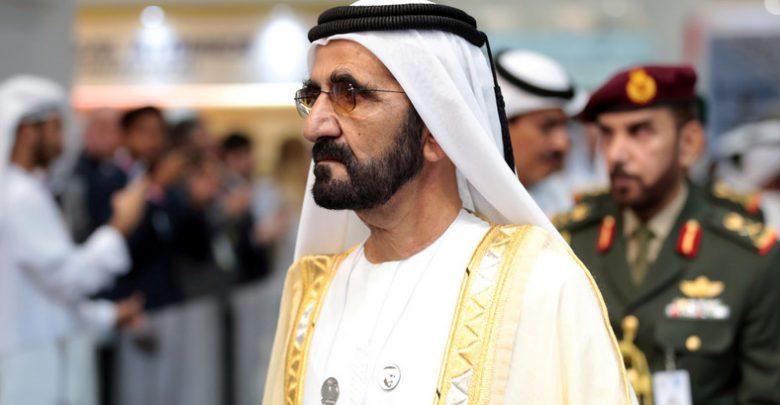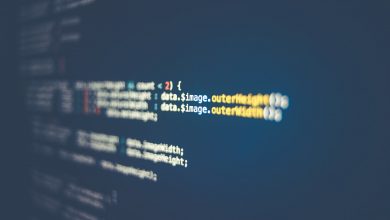
By George Landrith:
Sheikh Mohammed bin Rashid Al Maktoum, the Prime Minister of the United Arab Emirates and the ruler of Dubai, has been credited with being a reformer. Recently, he released some important principles that he identified as basic to his nation’s growth and progress. He pledged that “No one is above the law in Dubai” and that “justice delayed is justice denied.” These are critically important elements of the Rule of Law which means that the laws at the simplest level are clear, widely known, evenly and fairly applied, and protect fundamental rights of life, liberty and property. If followed, the Rule of Law not only makes a society more fair and just, but it also provides the foundation for a prosperous society.
Most don’t question the importance of the Rule of Law in achieving a just and fair society. But why the Rule of Law is so important to prosperity and economic growth may be less obvious. If we want people to engage in commerce and invest their assets, they must trust that the system is fair and that they can obtain justice if someone doesn’t perform their end of the contract or commits fraud. Without that trust, people hunker down and hold on to what they have, and don’t make further investments and don’t engage in commerce as freely. This makes us all poorer with fewer jobs and less opportunity to go around. So the Rule of Law isn’t simply about creating a fairer or more just society, it also helps build a more prosperous populace.
If you look at the nations with the greatest wealth and the largest percentages of its people who are prosperous, it is no accident that those nations have a strong commitment to the Rule of Law. Likewise, nations that lack that level of general prosperity have typically not had a strong foundation in the Rule of Law.
This is why the UAE Prime Minister’s statements are so important. If Dubai hopes to attract capital from around the globe to invest in its markets and business opportunities, people have to believe that they will be treated fairly by the law and in the courts. If someone fraudulently takes their investment, they have to know that the law will stop the bad actor and force the repayment of the defrauded sums. If the world lacks confidence in the government’s commitment to the Rule of Law, there will be few who will risk their resources in a system that they fear may be rigged against them, or in favor of friends or allies of those in power.
There can be little doubt that the Prime Minister’s statements are a positive sign. But it is not enough that words support the Rule of Law, actions must also bear it up. As the saying goes, “Talk is cheap.” The real test is not what is said, but what is done. Another saying comes to mind, “Actions speak louder than words.”
The Prime Minister will further advance this reputation as a reformer if a high profile case that seems snarled and tied up simply because the defendants in the fraud suit are rich and powerful is resolved in alignment with the Rule of Law.
The Tameer case may be the largest commercial real estate fraud case in the Middle East — involving $1.8 billion. In the case, a Canadian investor, now living in the US, Omar Jamal Ayesh, founded a massive real estate venture called Tameer and is famous for building the tallest residential tower in the world, the Princess Towers in Dubai. But according to a Dubai court, several very wealthy and powerful Saudi’s — members of the Al Rajhi family — who had bought out controlling interests used their power to engage in a complex fraud scheme. As a result, Tameer’s assets were transferred to shell companies owned by the Al Rajhi family — leaving Tameer without any value or assets, and manipulated financial statements and board resolutions to cover it up. Thus, all the investors lost their money to a fraud scheme.
The problem is that it has taken Ayesh over 10 years to get a verdict in his favor in the Dubai Supreme Court against Tameer, a now empty company, and continues to hope that justice will prevail over court obstruction, threatening of court appointed experts, and corruption of his case directly against Saudi Minister Ahmed Al Rajhi, his brothers and their executives. The Prime Minister’s statement correctly acknowledged that “just delayed is justice denied.” But if those who were defrauded almost 2 billion dollars can be tied up for a decade in a massive fraud case, and if court appointed experts are being intimidated, compromised, and replaced, as has been charged, there is still a great deal of work to do on the “action” or implementation side of achieving the Rule of Law. It shouldn’t matter that the people who committed the fraud are very rich or powerful people.
The Prime Minister needs to make sure Dubai’s courts uphold the Rule of Law, prosecute those who try to undermine it, and put into practice the vision that he has wisely and properly announced. His reputation as a reformer gives us reason to hope he will do just that. But as they say, the proof is in the doing, not the saying. Is the Prime Minister’s vision a current reality or merely a future aspiration? Dubai can be a world financial center only if the Prime Minister’s vision is a current reality. The rest of the world is watching.





Leave a Reply
Thank you for your response.
Please verify that you are not a robot.